West Coast Councils seek Coasters’ feedback on food and green waste collection
Buller, Grey, and Westland District Councils want to hear from West Coasters about their current ways of dealing with food and green waste and their preferences for collecting it in urban centres.
Central government announced in May 2023 that by 2030, all district and city councils must provide food and green waste collection for households in urban areas with a population of over 1,000 people. This will apply to Westport, Reefton, Greymouth, and Hokitika, but Runanga and Carters Beach may also be included.
To prepare for this change, West Coast residents are encouraged to participate in the upcoming region-wide food and green waste survey, which will be live between 8 July and 29 July 2024.
Buller District Council’s Manager Infrastructure Delivery Eric de Boer says: “We need to understand people’s current attitudes and behaviours around food and green waste. The survey is key to gathering this knowledge and framing up fit-for-purpose collection and processing options for the future.”
Grey District Council’s Solid Waste Officer Kaia Beal says: “In the survey, residents are asked questions about their current ways of dealing with food and green waste. The survey also gathers information about residents' preferences towards its collection.”
The survey can be completed online through an online form located on each district council’s website. A paper version is available from the councils’ offices and libraries in Grey, Westland, and Buller. Completed paper surveys can be posted to each council or dropped off at the council offices in Westport, Reefton, Greymouth, and Hokitika.
Mr Beal emphasises: “The survey will only take five minutes, and everyone can answer the questions. The more people who participate, the more information we gather, and the better we can plan. It is an amazing chance for people coast-wide to bring in their voice right from the get-go.”
The participating councils will promote the survey through their usual channels, and residents can email their district council with the subject “Food and green waste collection” if they have any questions.
Westland District Council’s Operations Project Manager, David Louw, highlights: “Currently, food scraps and wasted food are disposed of with general household rubbish. This rubbish is transported to landfills for disposal, creating emissions and high costs for ratepayers.
Food and green waste collection could be one way to reduce the amount of waste in landfills. However, to make it work, we need to find collection and processing solutions that fit our region; this is why the survey is so crucial.”
Visit your district council’s website or grab a paper survey from your council’s local office or library to have your say.
Notes to the reader
The survey, along with planned rubbish audits, will provide the data for a regional feasibility study that is estimated to cost a total of $100,000. Te Pūtea Whakamauru Para – the Waste Minimisation Fund administered by the Ministry for the Environment will fund $75,000. Development West Coast will fund $10,000, and each district council will contribute $5,000.
Dextera Ltd, a local company with expertise in environmental science and project management, will conduct the study. Whirika Ltd, a Dunedin-based company specialising in sustainability and waste management, will provide technical specialist support.
Once completed, the study will outline a preferred approach for food scraps and green waste kerbside collection, the ideal bin sizes for collection, the optimum collection frequency, and identify suitable organic waste processing options for the region.
The study will also examine how processing facilities could be established and cover potential markets for and end users of these products. It is expected to be completed by May 2025. Based on its outcome, all parties involved will decide on the next steps, which will likely include a business case.
Food waste includes fruits and vegetables and their skins, peelings and scraps (e.g., onion skins, potato peelings, avocado stones and corn cobs), grain and cereal products, meat and fish scraps including bones, cooked foods, leftover takeaways, processed foods, dairy products, and shellfish and their shells.
Green or garden waste includes lawn clippings, weeds, leaves, flowers, and small branches.
-ENDS-
For further information please contact:
Buller District Council:
Media.Enquiries@bdc.govt.nz
Grey District Council:
Communications@greydc.govt.nz
Westland District Council:
emma.rae@westlanddc.govt.nz
